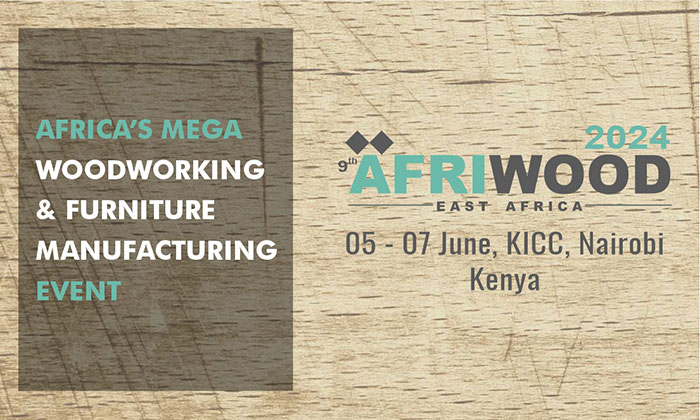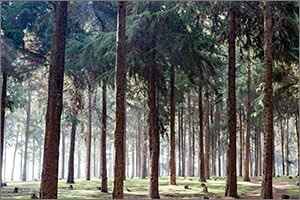

The Rise of New Forests in Africa: Implications for the Timber Industry

Posted on :Thursday , 5th December 2024
New Forests, a global investment manager of nature-based real assets and natural capital strategies, has appointed Kenya-based Yida Kemoli as managing director of Africa operations to further tap into the country's vast resources, including forests and timber.
Mr Kemoli will be responsible for driving the strategy for the company's African business, fundraising for African forestry strategies, delivering investment returns and impact outcomes for clients, and leading the team on the ground in Nairobi.
Mr Kemoli will report to Sydney-based New Forests CEO Mark Rogers and sit on the company's executive committee.
"Africa represents a strategically important market for New Forests to continue capitalising on the wealth of opportunities across forestry in Sub-Saharan Africa," Mr Rogers said.
"We aim to deliver commercial returns for our investors, manage conservation projects, and make a substantial impact in the local communities where we invest."
"Yida's knowledge, experience and long track record in the African investment and natural capital space will be fundamental in contributing to the success of the business."
Mr Kemoli said New Forests was renowned as a pioneer of forest investment and natural capital solutions, with a deep heritage and unrivalled global expertise. “Scaling sustainable capital into Africa's forestry sector can help the transition to a sustainable future."
New Forests has been present in Kenya since 2021. In 2022, along with investment partners, the company launched its first African forestry strategy, which included four impact targets: climate change mitigation, biodiversity conservation, gender and diversity, and community livelihoods.
The Kenya forest sector provides a wide range of products and services, exclusive to timber, poles, firewood, and charcoal production. Timber operations include round trees or logs for sawwood, pulp and ply logs.
The potential of wood products shows a steady rise in supply and demand by 2032. It is projected to grow from 31,372,531 cubic metres to 35,727,900 cubic metres, with timber and poles increasing by 22.1%, firewood by 10%, and coal by 9.5% in eight years.
Production is also expected to grow to 50,712,100 cubic metres by 2032 - timber by 43.2%, poles by 58.2%, firewood by 16.1 %, and charcoal by 17.8%.
Kenya's economy continues to grow by 6% annually and is projected to grow steadily. The population now stands at 53 million, most living in cities as the rising middle class demands better housing and furniture.
Timber is developed from public plantations, cooperative and private forests, and farmland. Sourcing wood from government plantations allows processors to be licensed to run a plantation based on their capacity to extract wood efficiently.
Also, the demand for furniture-quality wood creates prospects for Finnish sawmills, now exporting quantities of spruce sawn timber.
Kenya is experiencing a development boom relative to China. Housing, as well as new offices, hotels, and other commercial buildings, has been growing. While concrete, steel, and glass are the dominant structural and surface materials, the use of wood as a construction material is becoming more common.
Demand for prefabricated houses and building parts has also been active, offering immense opportunities for the timber industry in Kenya and other countries preparing to invest in Africa.
Please Select an Option

Expogroup
Expogroup is a full service exhibition organiser with over 29 years experience in International trade exhibitions. Our current portfolio includes 28 annual exhibitions from a diverse range of industries being held across the Middle East & Africa.
EXPOGROUP © 1996 - 2026 | Privacy policy
